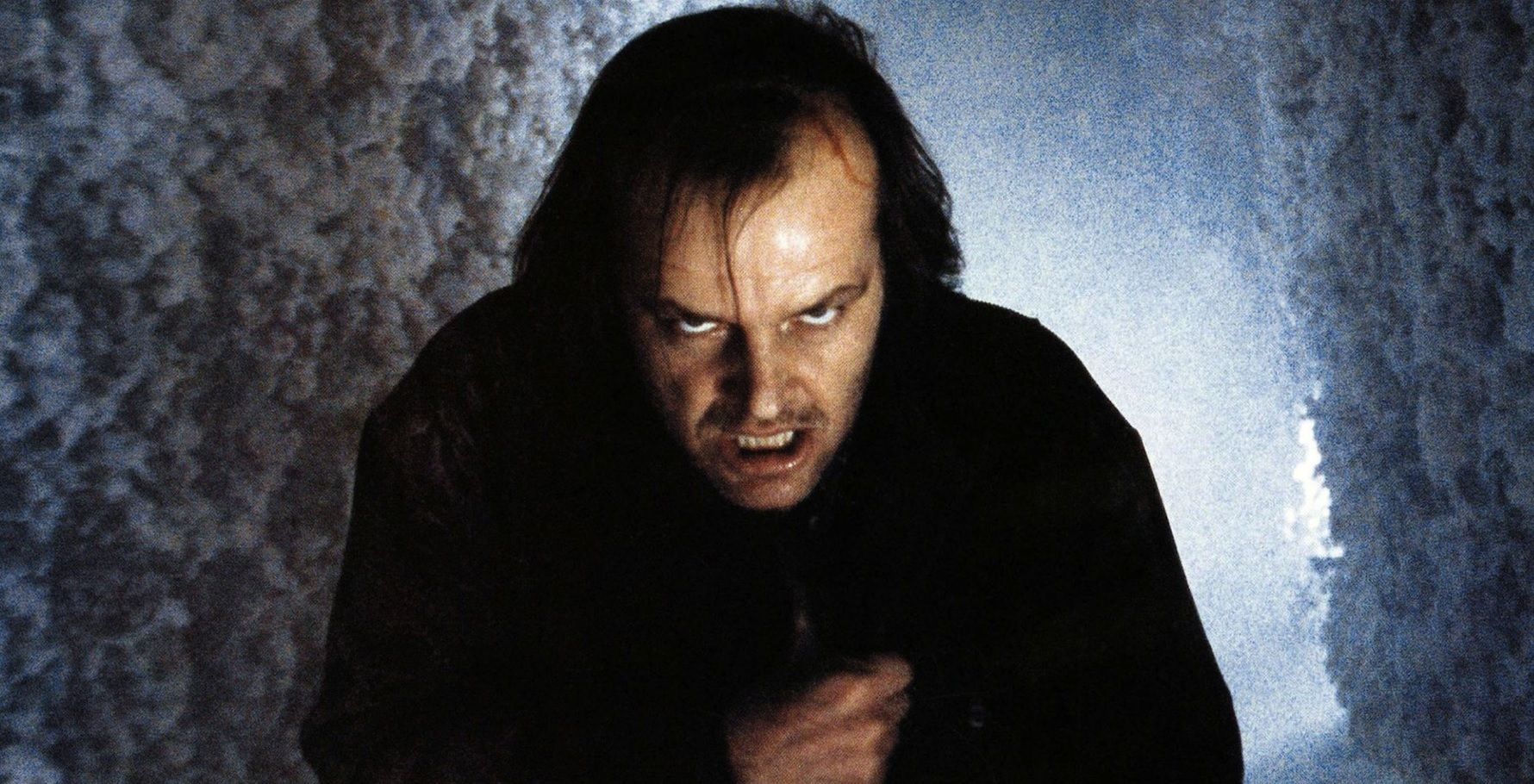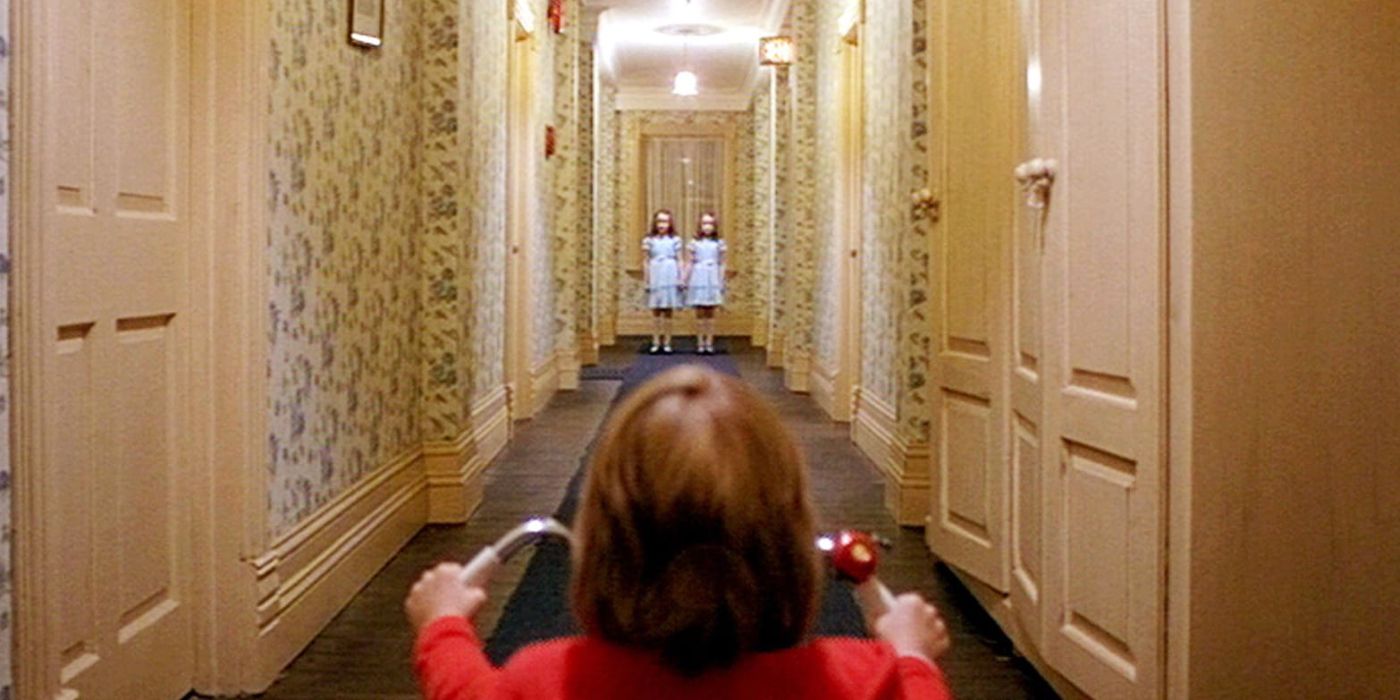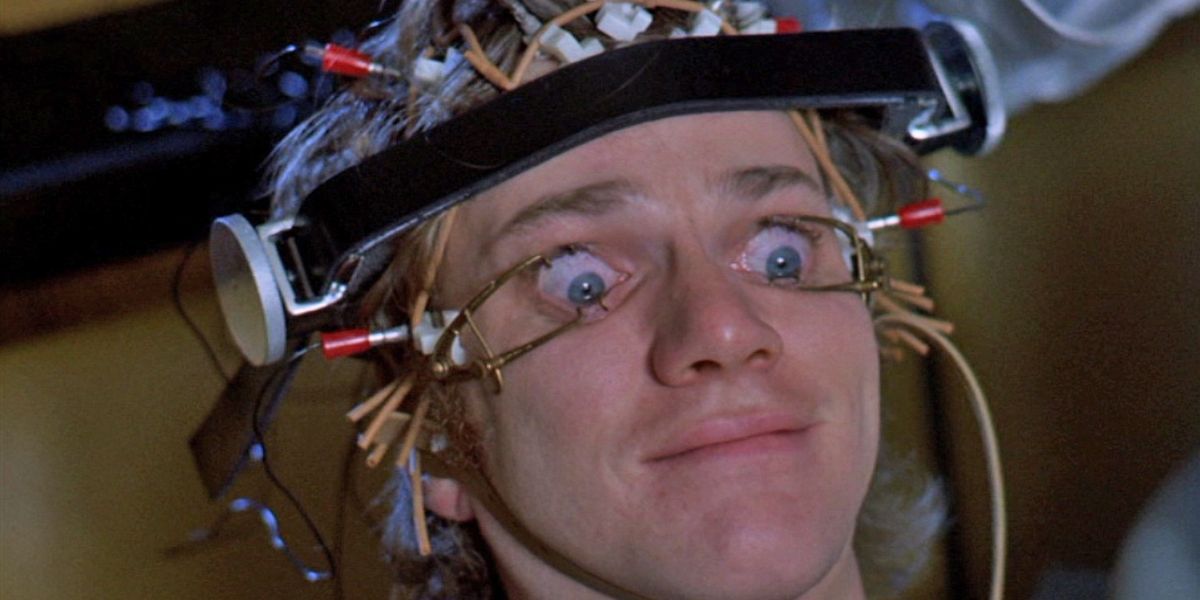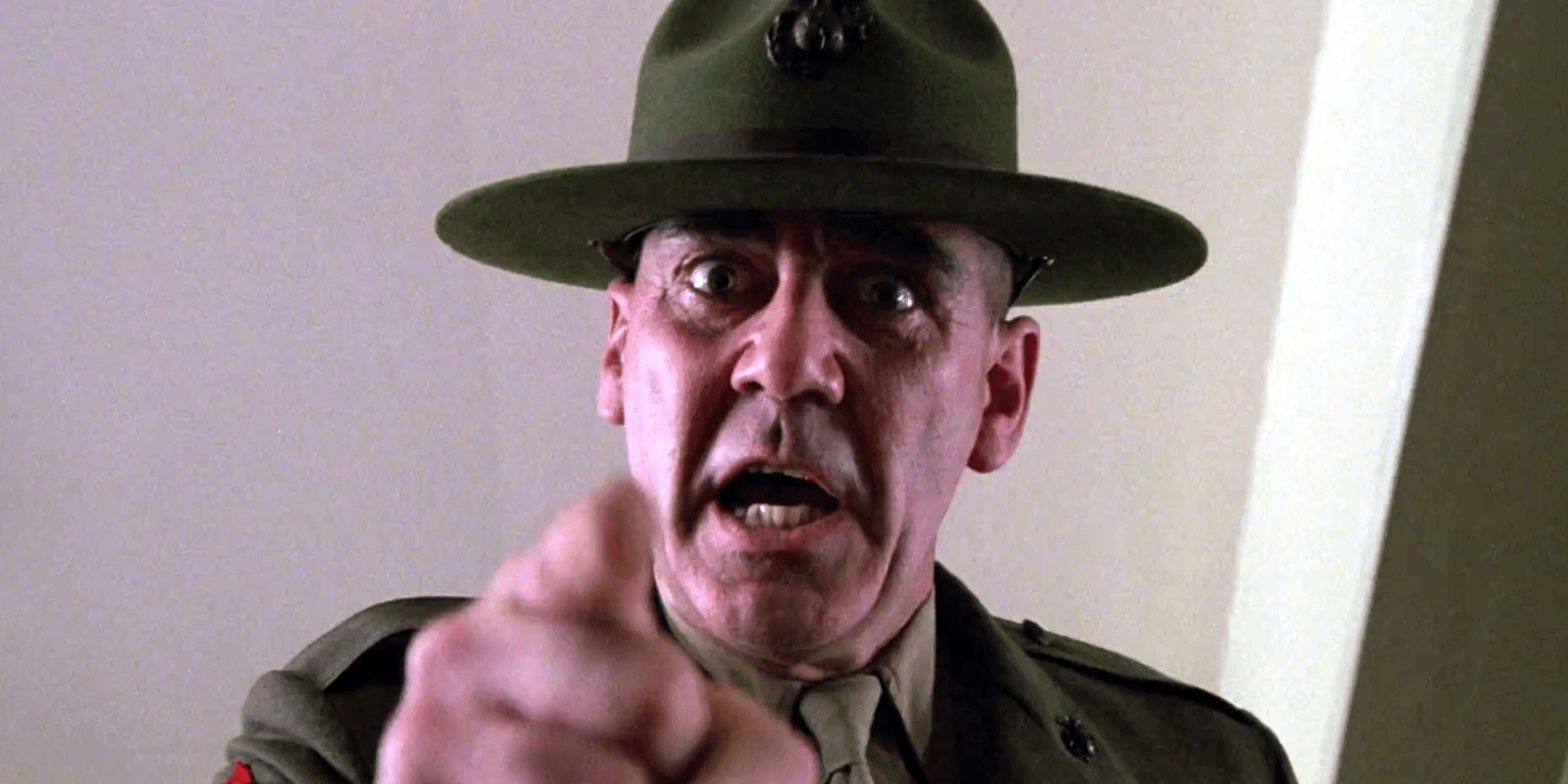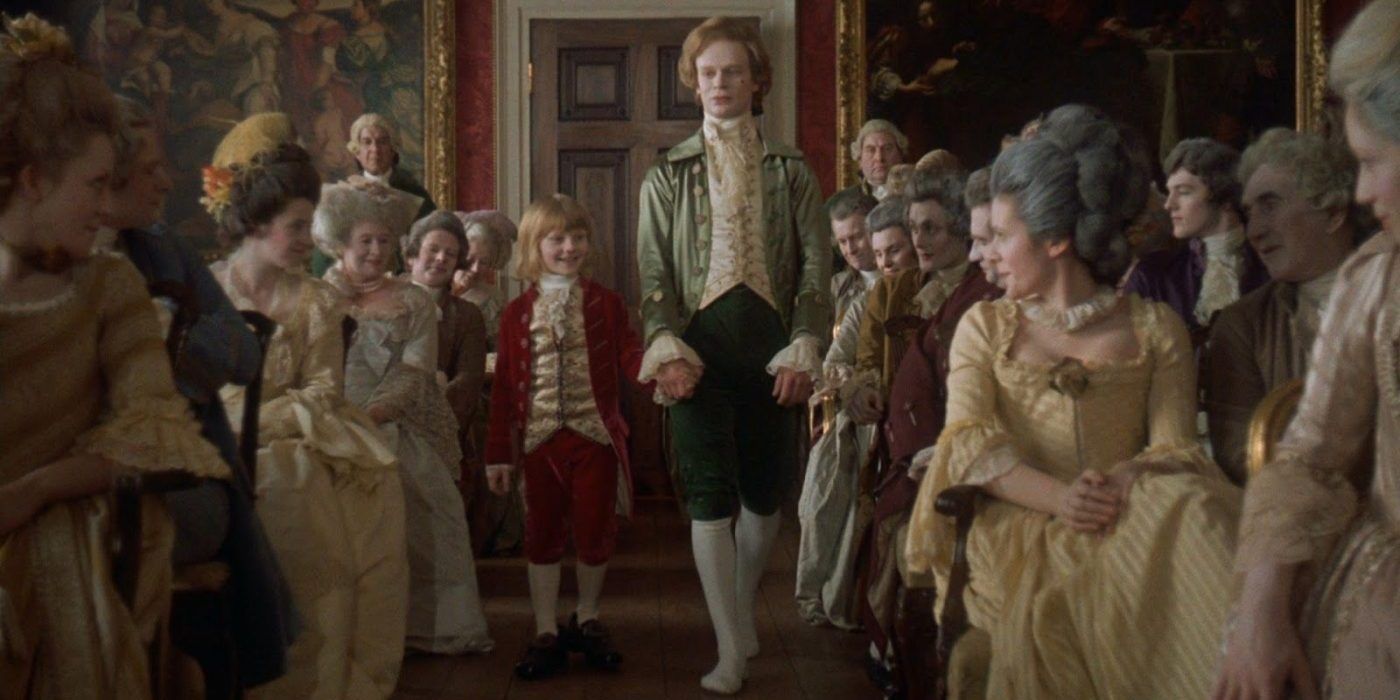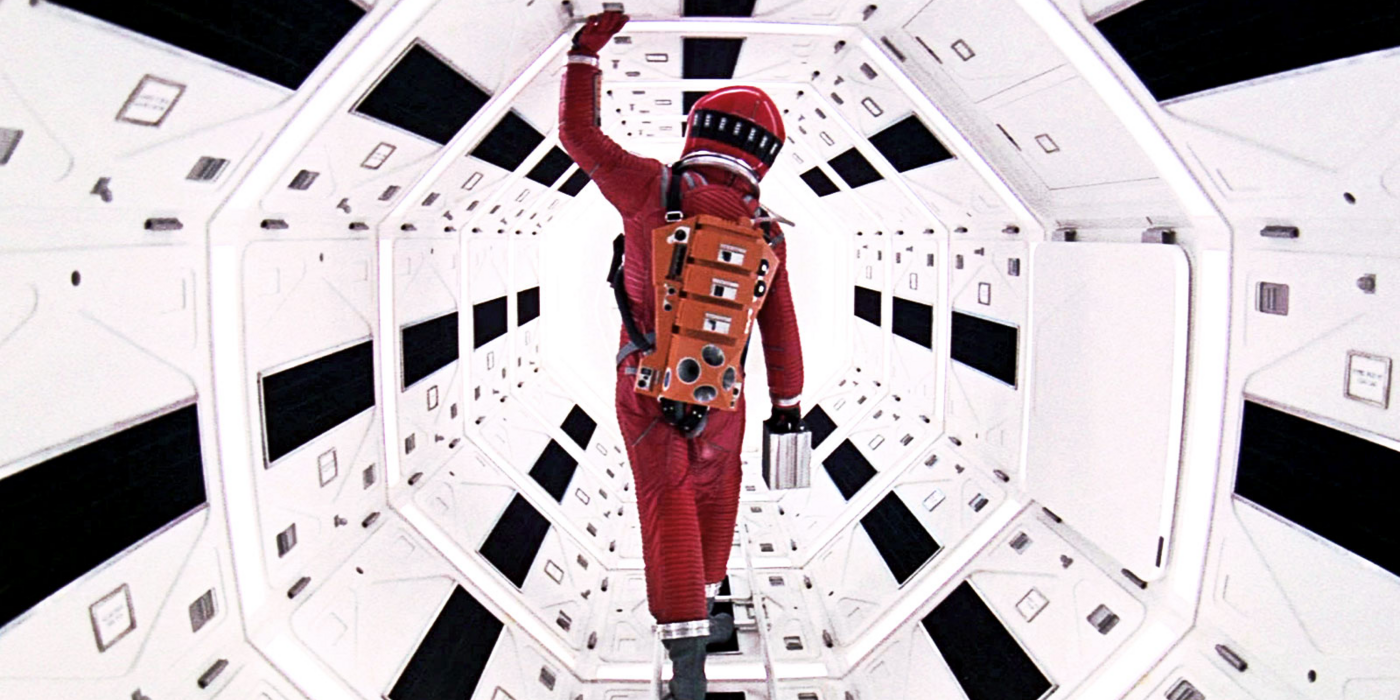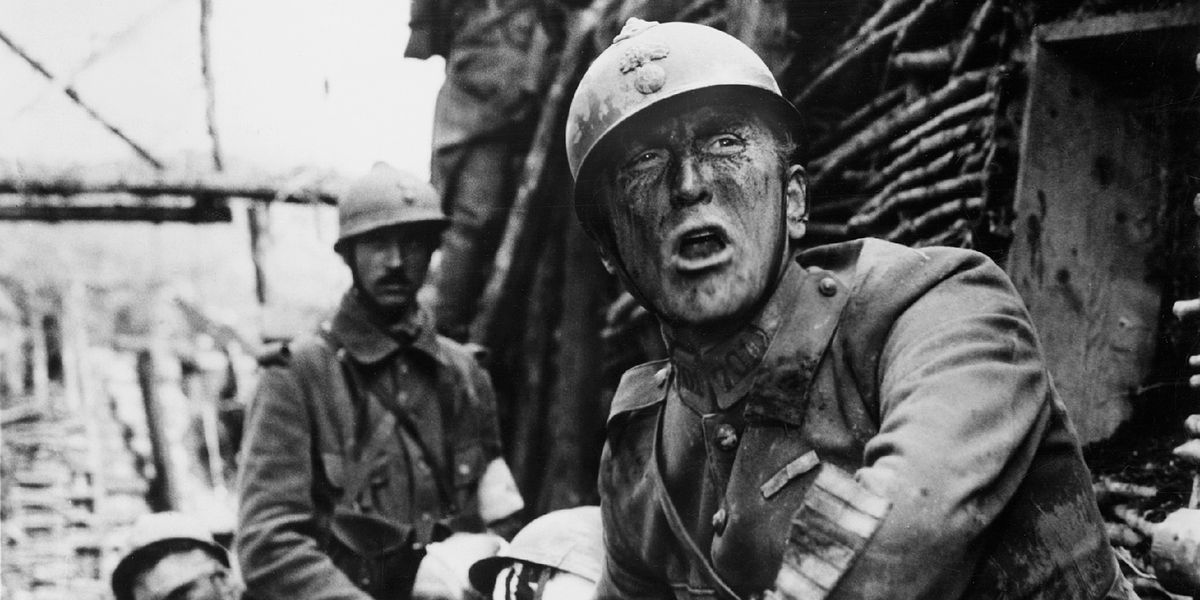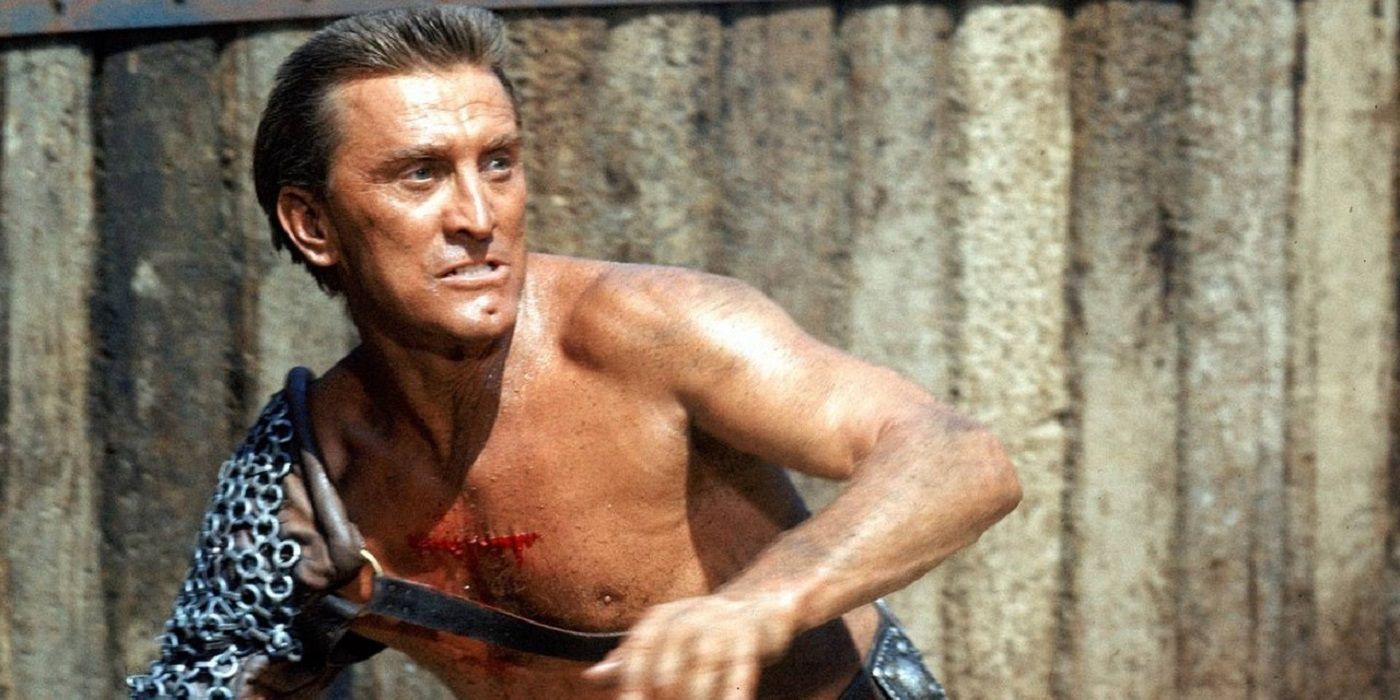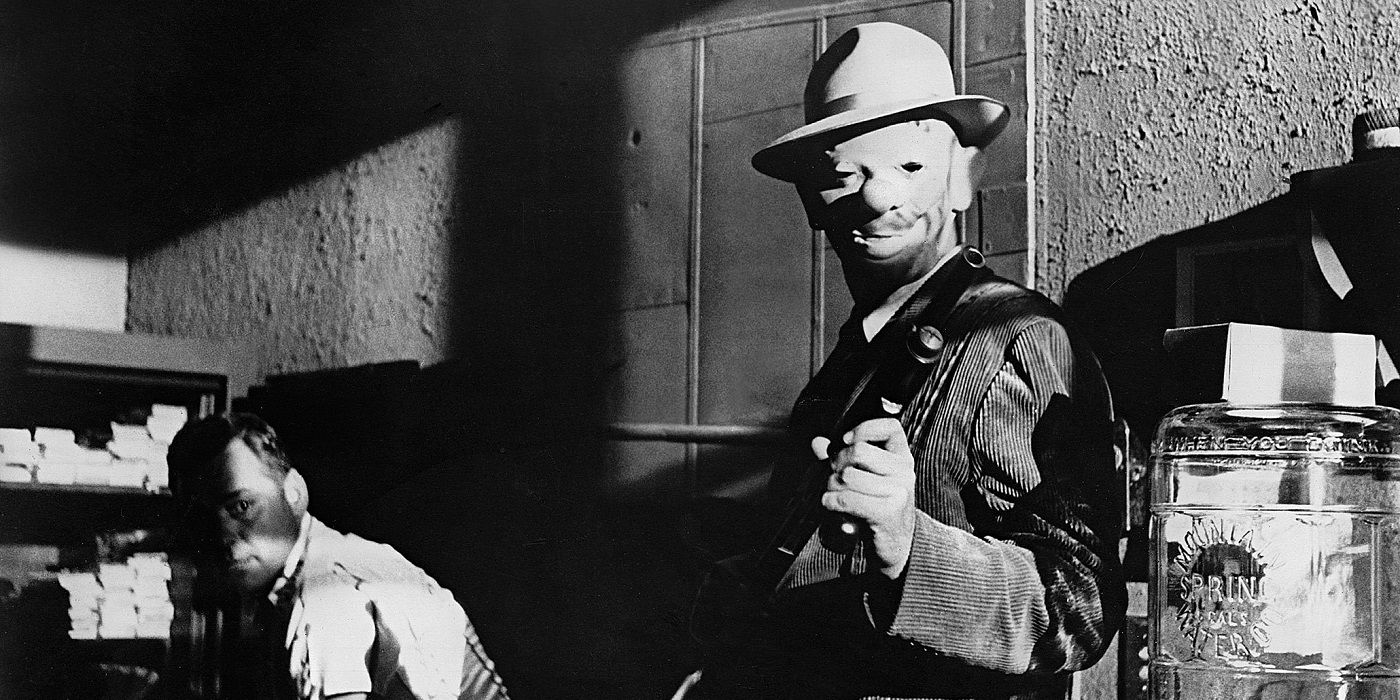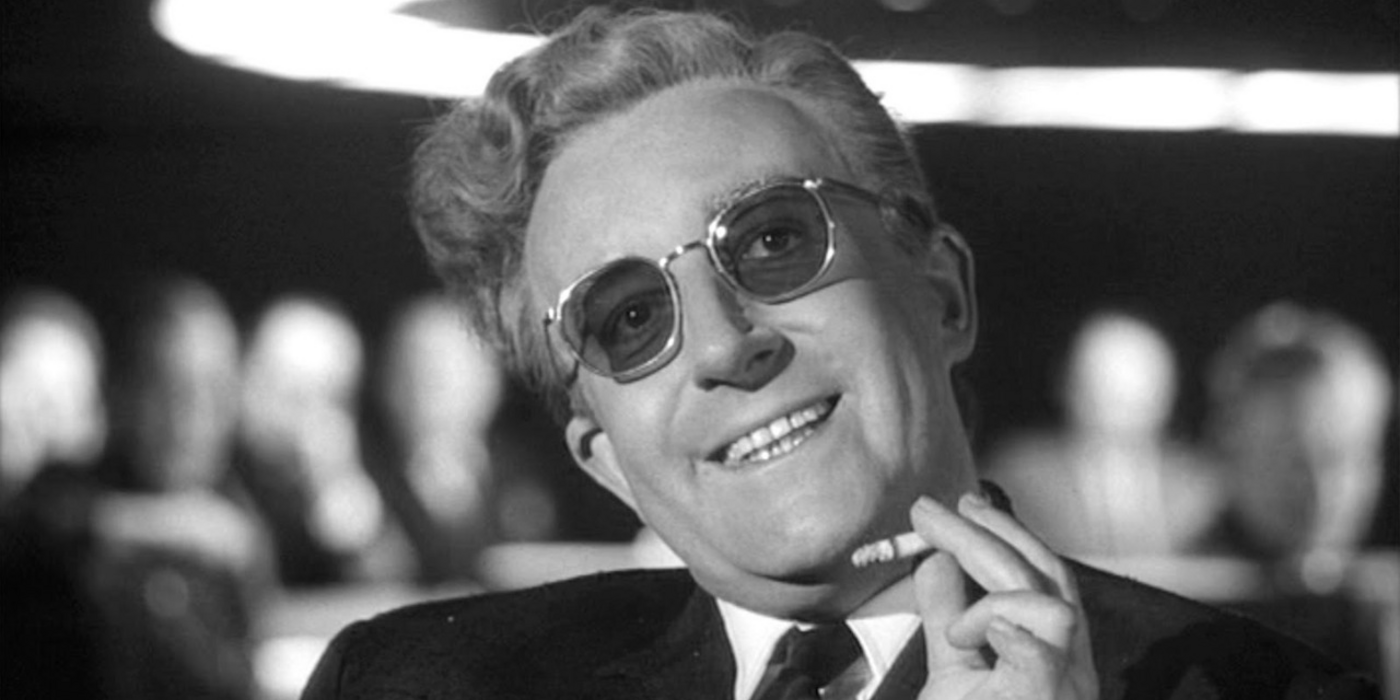Long considered to be one of the greatest filmmakers who ever lived, Stanley Kubrick left behind a heck of legacy. Although he directed films in a variety of genres – a horror movie, a heist movie, a dystopian satire, a spacefaring sci-fi extravaganza – a Kubrick movie can always be identified by its intelligence, attention to detail, dark humor, and disturbing subject matter.
Kubrick never directed a movie that could be considered “bad.” There is simply a distinction between “good” Kubrick films and “great” Kubrick films, and we have Rotten Tomatoes to make that distinction for us. So, here are Stanley Kubrick’s 10 Best Movies, According To Rotten Tomatoes.
The Shining (86%)
Stephen King really hates Stanley Kubrick’s film adaptation of his novel The Shining. King has compared the difference between the book and the movie to fire and ice, respectively. The movie is much colder and less forgiving than the source material, but that’s just Kubrick’s style.
Kubrick took the bare bones of the book – a struggling writer and abusive father takes a job as the winter caretaker for a remote Colorado hotel and slowly goes insane, eventually turning on his wife and son – and turned it into a timeless horror classic that remains one of the scariest movies of all time to this date.
A Clockwork Orange (90%)
One of several literary adaptations helmed by Stanley Kubrick, A Clockwork Orange was taken from Anthony Burgess’ classic dystopian novel about Alex DeLarge, a young carefree criminal, and his gang of “droogs.” Kubrick didn’t sanitize a thing from the book – the language, the sexual violence, the psychotic behavior of its so-called “protagonist” – in translating it for Hollywood, and the result is a movie that is difficult to watch, but ultimately rewarding.
Society might devolve into the near-future presented to us in A Clockwork Orange one day. Malcolm McDowell’s portrayal of Alex was one of the main inspirations for Heath Ledger’s portrayal of the Joker in Christopher Nolan’s The Dark Knight.
Full Metal Jacket (91%)
In the ‘70s and ‘80s, it seemed like every filmmaker was offering the world their own cinematic take on the Vietnam War, from the grisly violence of Hamburger Hill to the harrowing PTSD attacks of The Deer Hunter to the drug-addled odyssey of Apocalypse Now.
Stanley Kubrick’s take on the conflict was a pitch-black comedy split into two parts: the first, set at a boot camp as the new recruits are trained to kill, and the second, set in the center of the war itself. Full Metal Jacket is not just a classic Vietnam War movie; it’s one of the most iconic war movies of all time.
Barry Lyndon (93%)
Every director has an underrated gem that doesn’t get the attention it deserves, from Quentin Tarantino’s Jackie Brown to Christopher Nolan’s Insomnia. Stanley Kubrick’s underappreciated masterpiece is Barry Lyndon, a historical drama following one man’s journey during the reign of King George III.
At over three hours long, Barry Lyndon is a slow-moving movie, which was enough to put off some critics, but when every frame stands out as a work of art, lit mostly by candles, it can be forgiven for lingering a little too leisurely on its scenes. Film buffs can appreciate the sheer artistry of this historical epic.
2001: A Space Odyssey (93%)
When he sat down to map out his spacebound epic 2001: A Space Odyssey, Stanley Kubrick was determined to craft the definitive science fiction film. It wasn’t good enough to just make a good sci-fi movie; he wanted to make the greatest sci-fi movie. So, he got to work with seminal sci-fi author Arthur C. Clarke to come up with a story that would not only work as a cosmic spectacle, but also document the entire history of human achievement.
It was certainly an ambitious project. Beginning with the “Dawn of Man” opening sequence’s thesis that ape evolved into man when it discovered violence, and ending with the birth of the Star-Child, it’s fair to say that Kubrick achieved his goal.
Lolita (95%)
Stanley Kubrick has said that if he had known how strict the censors were going to be, he wouldn’t have bothered adapting Vladimir Nabokov’s Lolita for the screen. However, since it’s the story of a middle-aged academic becoming sexually infatuated with a teenage girl, perhaps it’s for the best that the censors cut down the more graphic material.
As it stands, a lot of plot points in the movie are left to the audience’s imagination. The relationship makes us uncomfortable, so that works. Kubrick reordered the events of the novel to make a more engaging moviegoing experience, which also worked well.
Paths of Glory (95%)
There have been dozens of high-profile movies produced about the Second World War, but less have been made about the First World War. Stanley Kubrick’s Paths of Glory is one of the best World War I movies, and it has an anti-war message with themes of pacifism and disobeying military orders. Kirk Douglas stars as Colonel Dax in one of several collaborations with Kubrick.
Dax is leading a unit of men who are sent to carry out a suicide mission. They refuse to do it, and then Dax is forced to defend them in a court-martial as they are charged with cowardice.
Spartacus (96%)
The behind-the-scenes drama from the set of Spartacus is almost as interesting as the movie itself. The film is a swords-and-sandals epic that charts the rise and fall of the Roman Empire through the eyes of a slave who went on the lead a revolution, and with a breathtaking lead performance by Kirk Douglas and a beautifully crafted screenplay by Dalton Trumbo – not to mention, typically fantastic direction from Mr. Stanley Kubrick – it’s a masterpiece.
Behind the scenes, Trumbo had been blacklisted in Hollywood for his communist views, so he was writing scripts under a fake name. Douglas encouraged him to write under his real name, which in the ‘60s, caused quite a stir.
The Killing (97%)
This is one of Stanley Kubrick’s earliest works, and it still stands as one of the finest heist movies ever pulled off. It’s been hugely influential on other filmmakers. When Quentin Tarantino set out to write and direct his independent feature film debut, which would end up being Reservoir Dogs, his earliest goal was to helm his own take on a Killing-esque concept.
With The Killing, Kubrick created a new facet of the heist genre – a subgenre in which the actual heist is the least important part of the movie, and the relationship between the criminals is really the focus of the story.
Dr. Strangelove (98%)
Whenever Stanley Kubrick dipped his toes in a genre pool, he always ended up producing one of that genre’s all-time classics. Even other directors who have done this usually stumble when they attempt a comedy (just look at Steven Spielberg’s 1941) – comedy is just an entirely separate beast – but Kubrick still managed it, because in many ways, all of his movies are comedies.
This black-and-white laugh riot is one of the greatest comedies ever made and one of the greatest political satires ever made. Mocking the Cold War at the height of the Cold War made Dr. Strangelove a cinematic achievement tantamount to Charlie Chaplin’s The Great Dictator.

